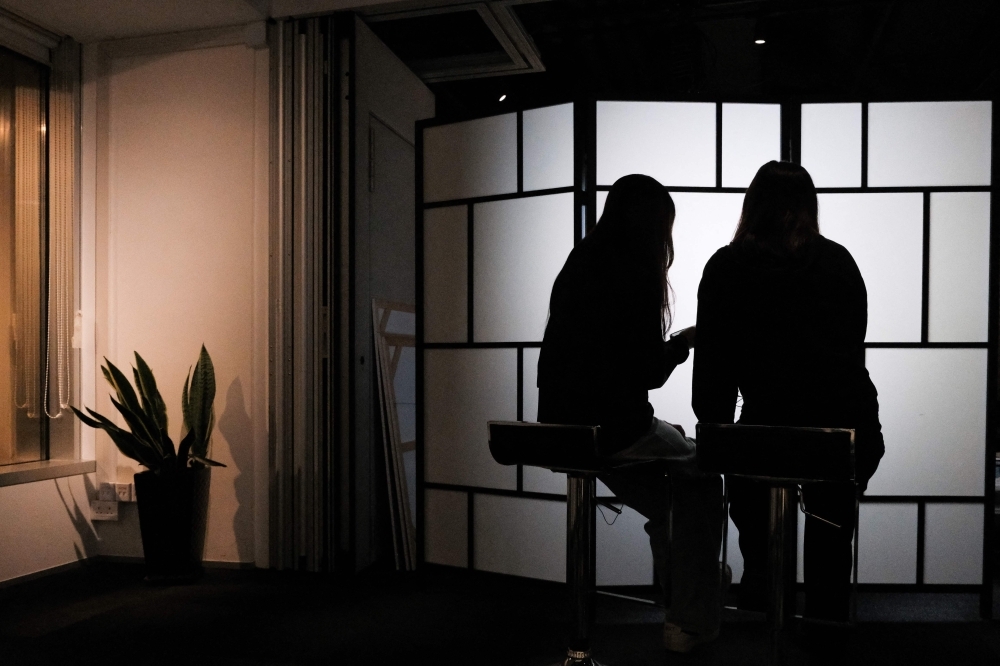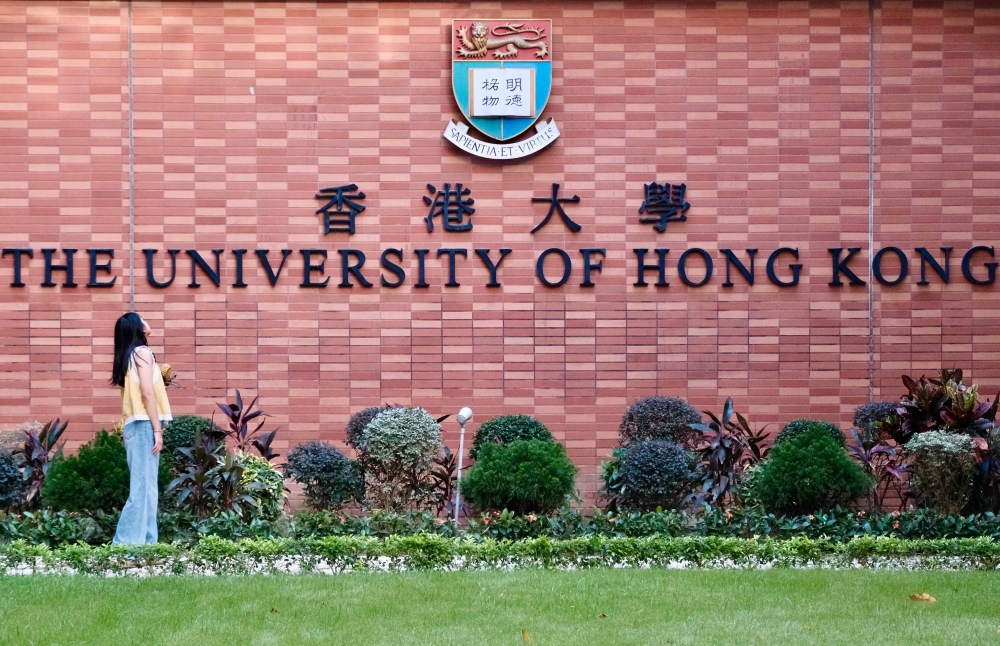Developer Offer
Try ImaginePro API with 50 Free Credits
Build and ship AI-powered visuals with Midjourney, Flux, and more — free credits refresh every month.
Hong Kong Grapples With The Rise Of AI Porn
For a Hong Kong law student known as “C”, the threat of AI-generated pornography felt like a distant problem, until a classmate at her university created explicit deepfake images of her and many other women. “At first I was shocked, then it turned into panic,” the 20-year-old shared, calling the experience a “wound that will leave a scar.”

A Personal Betrayal at University
Last month, C and two other women brought an AI porn scandal at the prestigious University of Hong Kong (HKU) into the public eye, igniting a serious debate about a threat many had considered a foreign issue. The case involved hundreds of fake images of at least 20 different women, all discovered on a fellow student's laptop.
Another victim, “B”, described a profound sense of betrayal, as she had considered the perpetrator a friend. “I felt like my privacy was violated... like I couldn’t trust the people around me,” she said. The initial response from the university was perceived as inadequate by the victims. The student was issued a warning letter and required to apologize. “A”, the third woman, was told by university staff that the case could not be brought before a disciplinary committee. “They were concerned but didn’t know what they could do... We felt that was a bit ridiculous,” she stated.
HKU has since said it “has been in contact with the students involved” but could not comment further while the case is under active review.
A City-Wide Problem with Lasting Scars
The HKU scandal is not an isolated event in Hong Kong. Janice, a woman in her late 20s, shared a similar ordeal from a few years ago when fabricated obscene images of her were sent to her friends. The culprit was never found, leaving her with the fear that the damage might “never end.” The psychological toll was immense. “I tried skipping work and didn’t dare to go out on the street,” she recalled, admitting she had suicidal thoughts and would break down unexpectedly. “I couldn’t sleep because I was afraid I would wake up to see the whole internet filled with (pornographic) images of me.”
Support organizations are seeing a rise in these cases. The Hong Kong’s Association Concerning Sexual Violence Against Women reported receiving 11 similar requests for help in 2024-25. “We have observed an uptick... Some cases may be hidden if (victims) don’t know how to seek help,” said executive director Doris Chong.

Legal Loopholes and Calls for Change
Experts point out that this is a clear form of gender-based violence. Susanne Choi from the Chinese University of Hong Kong noted that an estimated 90% of AI-porn victims are women. She argued that lawmakers and universities must “expand and revise existing laws and procedures to better cope with... technology-facilitated sexual harassment.”
Currently, a significant legal gap exists. Hong Kong law criminalizes the distribution of “intimate images,” including AI-generated ones, but not their creation or possession. This made legal action in the HKU case difficult, as there was no proof the images had been circulated. Following public outcry over the case, Hong Kong’s privacy watchdog launched a criminal investigation, and the Equal Opportunities Commission is handling a related complaint.
Facing the Backlash and Fighting for Dignity
The three students have also faced a public backlash for speaking out. C, once an avid social media user, stopped posting online, fearful of how her photos might be misused. “Many commenters said... ‘You are ruining the guy’s future, you should apologise to him’,” she said, which led to periods of self-doubt.
Despite the criticism, the victims are standing firm, arguing that offenders must face real consequences. “The mere creation (of AI porn) is a problem... My bodily autonomy, my privacy, my dignity were undermined by it,” B asserted powerfully. “If a line must be drawn, it should be drawn at creation.”
Compare Plans & Pricing
Find the plan that matches your workload and unlock full access to ImaginePro.
| Plan | Price | Highlights |
|---|---|---|
| Standard | $8 / month |
|
| Premium | $20 / month |
|
Need custom terms? Talk to us to tailor credits, rate limits, or deployment options.
View All Pricing Details

